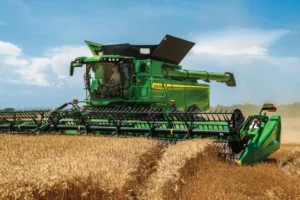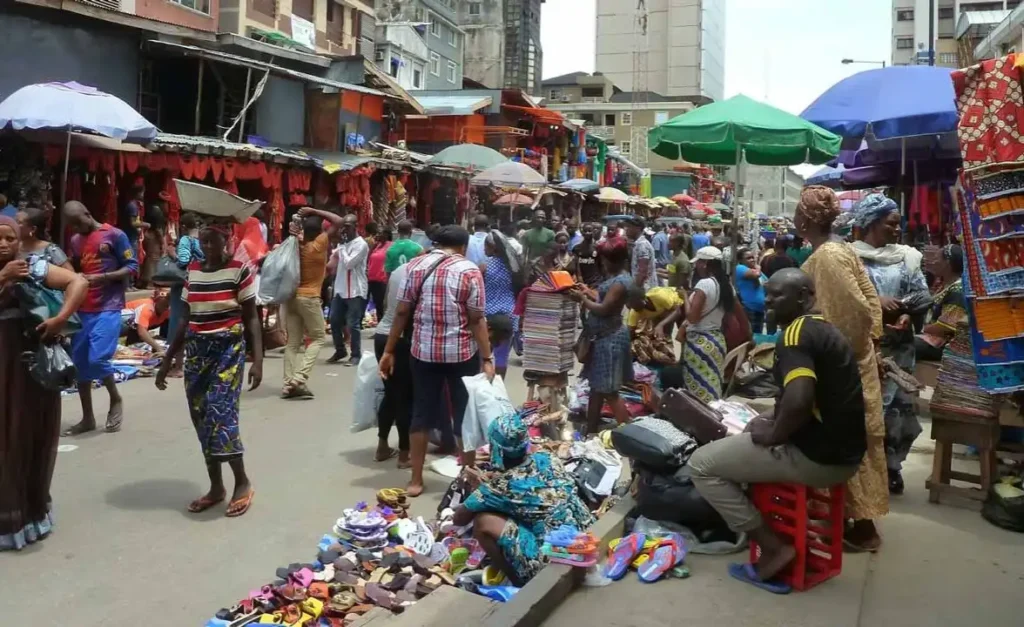In a historic move to revamp Nigeria’s agriculture sector, the Nigerian and Brazilian governments have finalized a $1 billion bilateral agreement aimed at delivering large-scale mechanised farming equipment to Nigeria. The deal, sealed under a public-private partnership framework, seeks to overhaul outdated farming practices by equipping local farmers with modern tools needed to significantly raise productivity and self-sufficiency across the nation’s food supply chain.
Massive Investment in Mechanisation
Under the agreement, Brazil will provide over 10,000 units of mechanised equipment to Nigeria, including tractors, harvesters, irrigation systems, and processing machines. These tools will be distributed through a network of service centers across the six geopolitical zones, enabling smallholder and commercial farmers alike to access high-grade equipment without the high capital investment normally required. The focus is on empowering rural communities to scale operations and reduce post-harvest losses.

Implementation Through the More Food International Programme
This initiative forms part of the “More Food International Programme,” a Brazilian government-led effort that supports technology transfer to developing nations. The Nigerian Ministry of Agriculture and Food Security will coordinate the program’s domestic rollout, with strong input from state governments, private agro-partners, and local cooperatives to ensure nationwide impact and sustainability.
Financing and Technical Support Framework
The project is being financed through a credit facility structured by Brazil’s Development Bank (BNDES), with long-term repayment terms designed to ease pressure on Nigeria’s balance sheet. Alongside equipment deliveries, the deal includes robust capacity-building components. Brazilian experts will train Nigerian technicians and farmers on machine operation, repair, and precision farming techniques, ensuring technology adoption goes hand-in-hand with skill development.
Tackling Low Yields and Import Dependence
For decades, Nigeria’s agriculture sector has grappled with low productivity, largely due to manual labor methods and poor access to modern farming inputs. This has contributed to persistent food insecurity and a heavy dependence on imports to meet national demand. With this mechanisation push, the government aims to dramatically improve crop yields, expand arable land use, and reduce the food import bill—an economic burden that exceeds $10 billion annually.
Boost to Employment and Agribusiness Growth
Beyond increasing food output, the agreement is expected to stimulate job creation and unlock new agribusiness opportunities. Mechanisation hubs and service centers will employ thousands of Nigerians in maintenance, logistics, training, and parts manufacturing. By strengthening the agricultural value chain from cultivation to distribution, the partnership could catalyze rural development and attract private sector investment into food processing, storage, and export.
High-Level Endorsements from Both Governments
President Bola Tinubu welcomed the deal as a strategic victory in his administration’s drive to achieve food sovereignty and inclusive economic growth. Brazilian officials likewise hailed the partnership as a model for South-South cooperation, strengthening diplomatic and economic ties between the two leading developing economies.
Monitoring and Local Oversight for Accountability
To ensure transparency, the Nigerian government has pledged to involve civil society groups, state-level agricultural boards, and farmer associations in monitoring implementation. A digital tracking system is also being developed to map equipment deployment, prevent misuse, and ensure accountability at all levels of the supply chain.
Looking Ahead: A Turning Point for Nigerian Agriculture
As Nigeria strives to feed a population projected to exceed 230 million by 2030, this Brazil-backed mechanisation drive could mark a turning point for domestic agriculture. With the right oversight and local engagement, the initiative holds the potential to shift Nigeria from a food-importing nation to a food-exporting powerhouse within the next decade.






